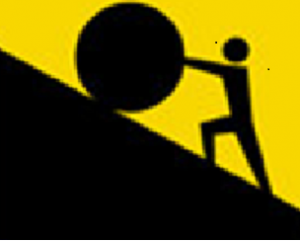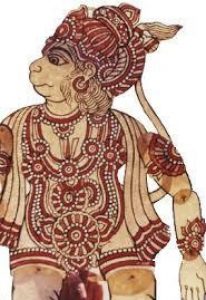(Also discusses Buddhism versus Advaita; analysis versus experience; need for practice)
Q: Your work is both beautiful and rigorous, and I’ve appreciated your continuous efforts to continue the much-beloved tradition of Advaita Vedanta.
As I consider devoting myself to the path of Advaita Vedanta, I find that I keep coming up against a few constant, nagging protests:
First, it seems that the tradition and methodology (although I also assume that there is quite a lot of variety of how Vedanta is taught and realized) is overly academic and scholastic, at least as I view it from the information that I’ve gleaned during my research. The unfolding of the teaching of Vedanta seems to leave the student engaging in a lot of analysis, rather than a deep exploration of how they genuinely experience the world, which lacks transformative power because it remains something objective.
Second, according to some of the sources that I’ve gleaned, it seems to place Vedanta on an extremely high pedestal, as something engaged in only following years of other preparatory practices. But modern practice appears to demonstrate that such preparation, while helpful, is not necessary. I cite websites like “Liberation Unleashed” and Scott Kiloby’s excellent work which show that directly exploring and inquiring into the truth of statements like, “All there is is pure awareness,” etc., can still be highly transformative outside of the context of a more robust regime of spiritual purification and development.
My fear is that if I follow the traditional route, I will end up entangled in these preparatory practices. I’ll just be getting the appetizer for years before getting the meal, in other words, but, in my opinion, why wait?
Is this perception true (given that there will be a lot of diversity)? Do most AchArya-s make their disciples engage in such practices for prolonged periods of time before discussing Vedanta?
I have heard you and many other teachers in the traditional Advaita lineage say things like, “Unless you have a very pure mind…” or “Unless you are highly developed…” etc., the practice of Vedanta will be fruitless. But, if you read the logs, for example, of the website “Liberation Unleashed,” you will find some very impure people – depressed, addicted, desperate, you know, the usual seeker lot!, who come out transformed after only a few days of directly looking into their experience.
I appreciate your thoughts on this and your generosity in helping so many confused seekers. Continue reading →


